German charity enhances fleet with 165 e-Smart
In the German state of North Rhine-Westphalia, the Christian charity nursing and social care organisation Caritas has just extended their fleet of vehicles with 165 e-Smart.
The state-sponsored electric-cars have now been handed over to the charity by the state’s Minister of Economic Affairs, Andreas Pinkwart. 25 local associations will use the small electric cars primarily for outpatient care to reach around 3,000 patients. The Caritas local branches are currently building the necessary charging stations for the electric fleet. A total of 500 new charging points are to be built in cooperation with the local network providers and the vehicles will be operated exclusively with electricity generated from renewable sources.
“I am very pleased that Caritas has recognised the advantages of electromobility and is converting its fleet,” says Pinkwart. “Small and efficient electric vehicles are ideal especially for the relatively short daily distances that nursing services cover. In this way, Caritas makes a noticeable contribution to improving air quality in cities and to climate protection”.
The German electric vehicle association, the Bundesverband eMobilität e.V, also praised the forward-thinking shown with the project. “Those responsible at Caritas have consistently recognised the advantages in electric mobility and have developed and implemented a targeted action plan for the operation of the fleet,” said Frank Müller, Scientific Advisory Board of the BEM, at the vehicle handover in Dortmund.
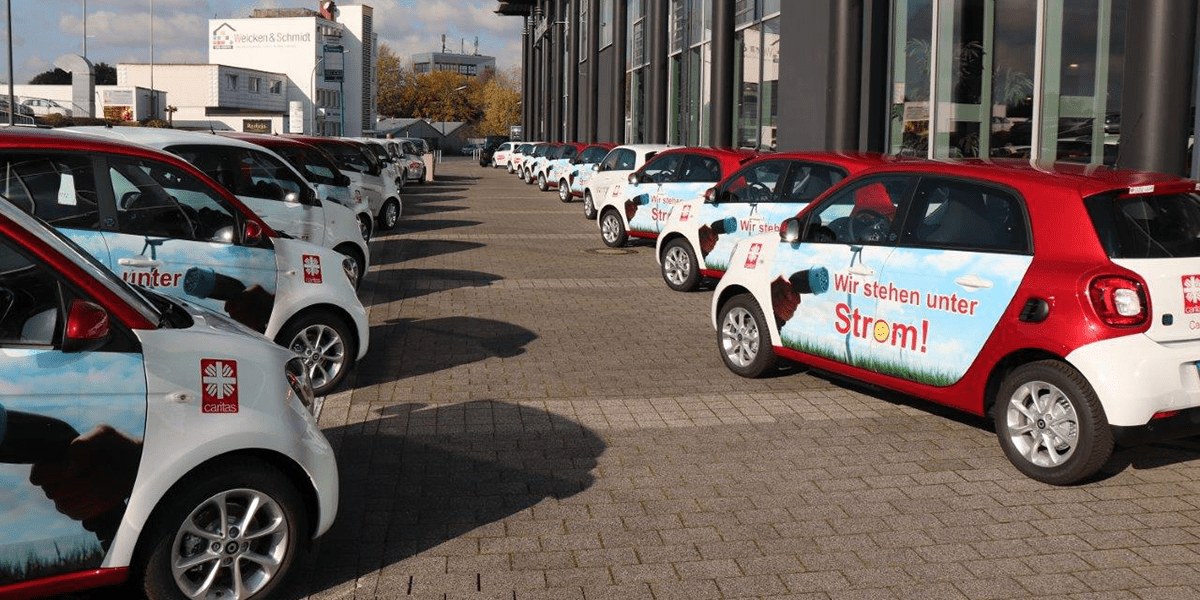
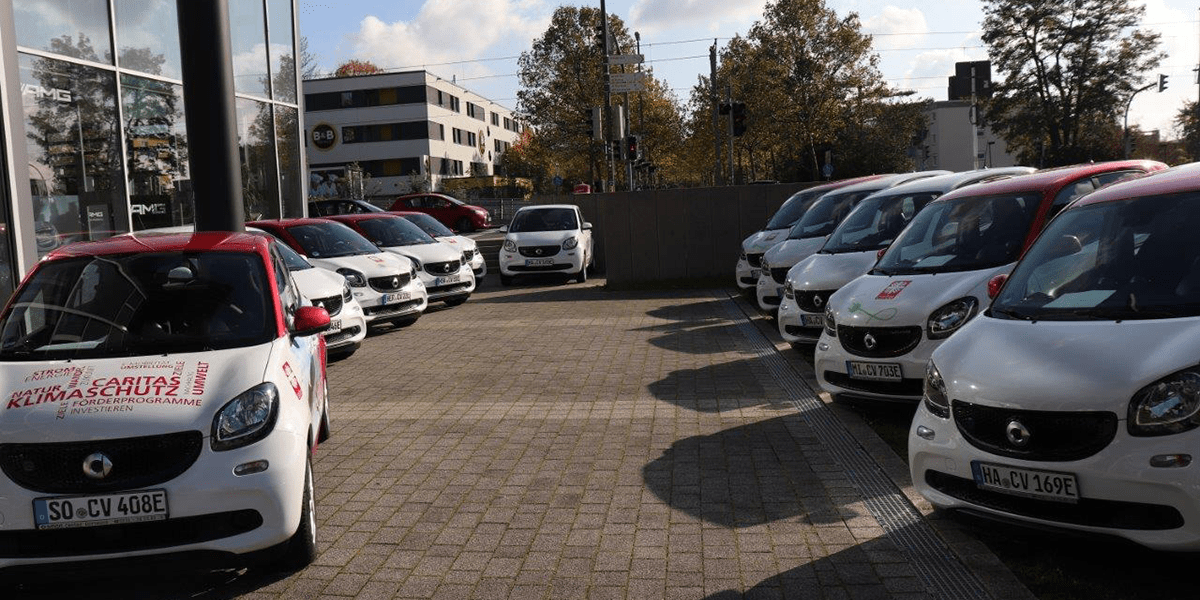
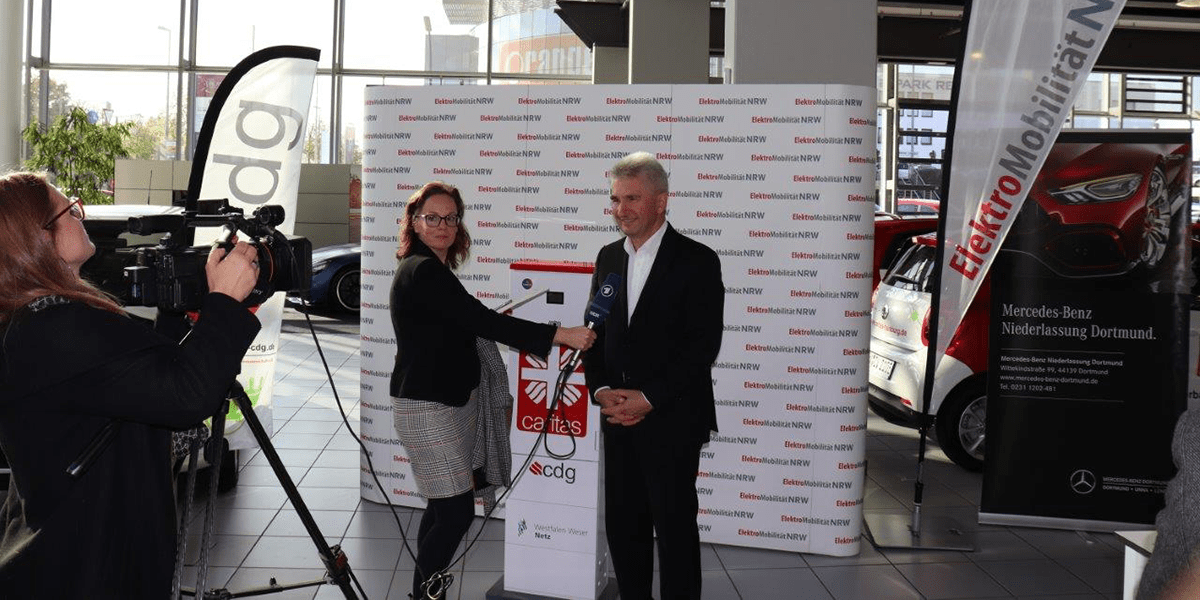
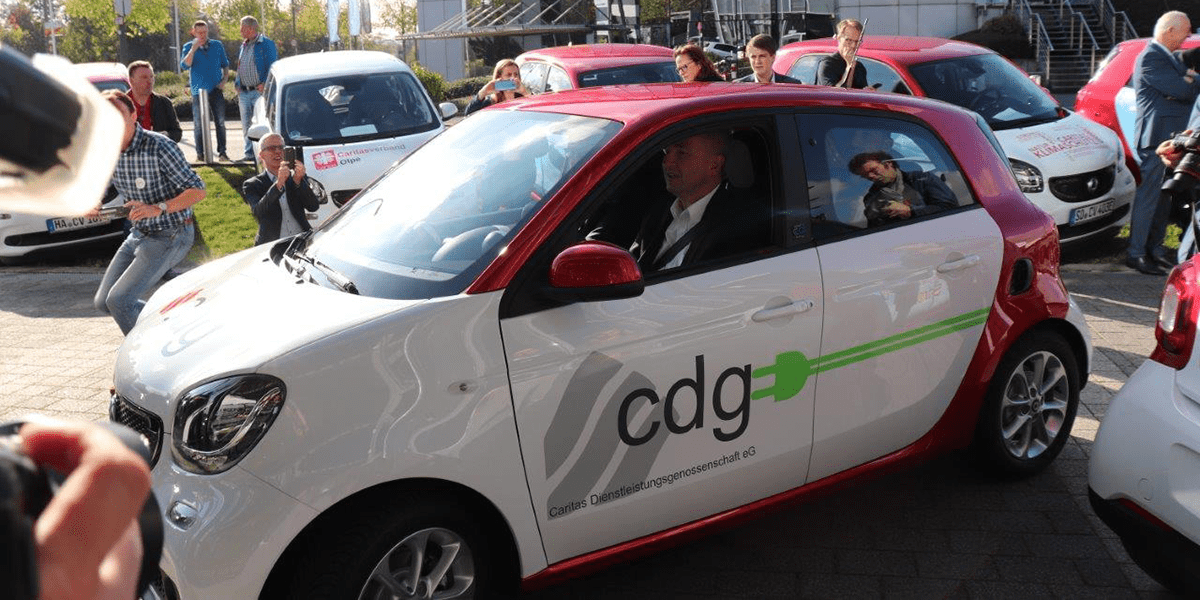
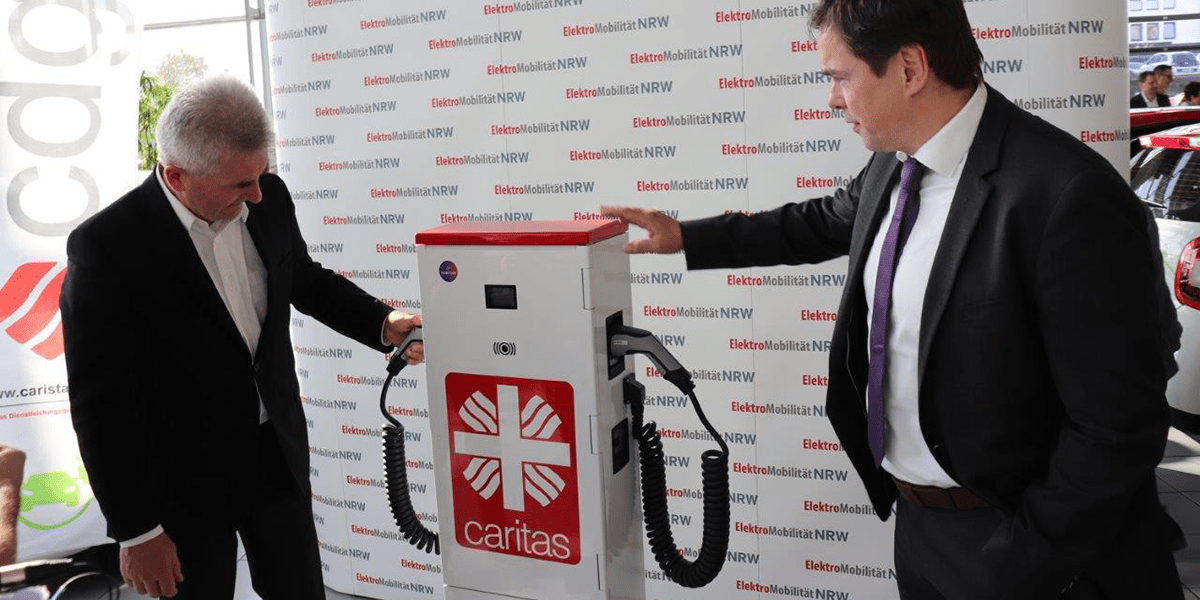
This forward-thinking also concerns the charity’s further plans: Caritas wants to further expand the fleet beyond the 165 Smart EQs: according to Caritas CEO Patrick Wilk around 600 further electric vehicles are to be floated in the next two years. “Our goal is to provide as many people as possible with care and assistance in a sustainable way and thus make a contribution to the preservation of creation,” says Wilk. “The subsidies are a great help for us to meet the economic challenges posed by the switch to electric mobility.
In addition to the environmental bonus, each vehicle receives a subsidy of 2,700 euros from the state’s “Low-Emission Mobility” funding programme – a total of 450,000 euros is contributed by the state of NRW. Up to 4,000 euros per vehicle would be possible under the programme – but since Caritas leases the e-smarts for less than 60 months, the maximum funding amount was not granted in this case.
According to the NRW Ministry of Economics, 4,000 applications have already been approved for the programme that has been running since February 2019. Of these, around 85 per cent were passenger cars, the rest commercial vehicles – those between 2.3 and 7.5 tons even receive up to 8,000 euros in funding. The German state in the north-west of the country has subsidised around 7,600 public and non-public charging points over the past two years. Almost 4,000 of these were installed in private households.
wirtschaft.nrw (in German)

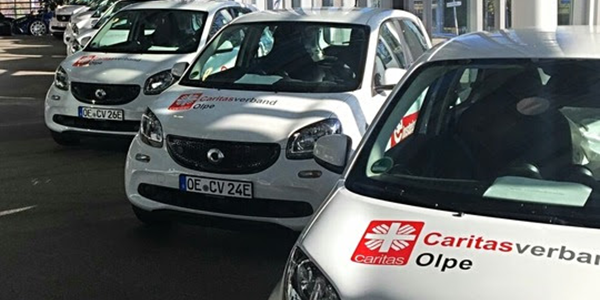
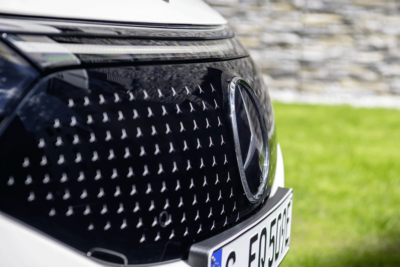
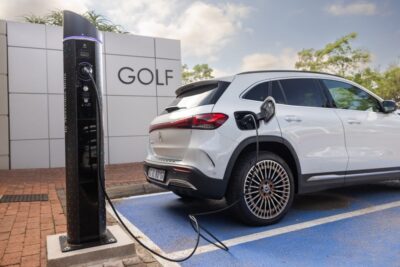
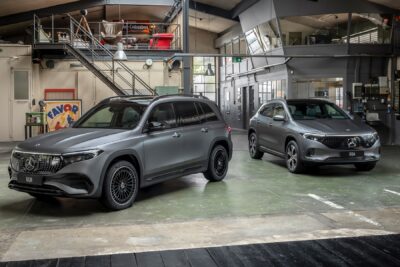
0 Comments